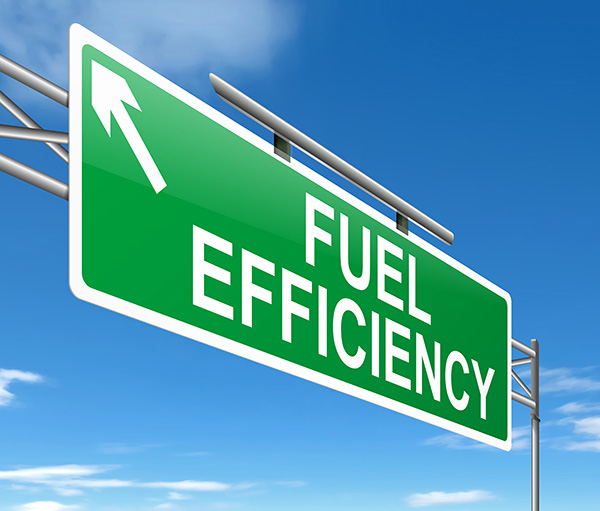
We've all felt the pinch at the pump. With gas prices fluctuating, saving on fuel has become a top priority for many drivers. But how can you make each gallon go further? We'll explore seven practical tips to help you save on gas, keep more money in your pocket, and even reduce your carbon footprint. Ready to become a fuel-efficiency master? Let's get started.
1. Maintain Your Vehicle Regularly
Regular maintenance is crucial for keeping your car running efficiently. A well-tuned engine can improve fuel economy. Ensure that you follow your vehicle's maintenance schedule, which typically includes oil changes, air filter replacements, and spark plug checks. A clean air filter, for instance, can improve fuel efficiency by ensuring optimal airflow to the engine. Using the manufacturer-recommended motor oil can also enhance your car's performance and fuel economy.
2. Check Your Tire Pressure
Underinflated tires create more rolling resistance, which means your engine has to work harder to move the vehicle, leading to increased fuel consumption. Properly inflated tires can improve gas mileage. Check your tire pressure at least once a month and before long trips. Remember to refer to your vehicle's manual for the correct tire pressure specifications.
3. Drive Smoothly
Aggressive driving, such as rapid acceleration, speeding, and hard braking, can significantly reduce your fuel efficiency. You can save on gas by driving more smoothly and anticipating traffic conditions. Try to maintain a steady speed and use cruise control on highways when possible. This improves fuel economy and reduces wear and tear on your vehicle.
4. Lighten Your Load
Extra weight in your car can reduce fuel efficiency. For every 100 pounds of added weight, your fuel economy can decrease by about 1%. Clear out unnecessary items from your trunk and back seat. Consider removing roof racks or carriers when not in use, as they can create aerodynamic drag and decrease fuel efficiency, especially at higher speeds.
5. Limit the Use of Air Conditioning
Running the air conditioner can increase fuel consumption by putting additional load on the engine. When driving at lower speeds, consider rolling down the windows instead. However, at highway speeds, open windows can create aerodynamic drag, so using the air conditioner might be more efficient. On extremely hot days, try parking in the shade or using a sunshade to keep your car cooler and reduce the need for air conditioning.
6. Plan Your Trips Wisely
Combining errands into one trip can save you time and gas. Short trips taken from a cold start use twice as much fuel as a longer, multipurpose trip covering the same distance with a warm engine. Use navigation apps to find the most efficient routes and avoid traffic congestion. Carpooling or ride-sharing can also reduce the number of trips you need to make, leading to significant fuel savings over time.
7. Use Fuel-Efficient Driving Techniques
Fuel-efficient driving techniques, also known as hypermiling, can help you maximize your gas mileage. This includes maintaining a steady speed, using higher gears, and avoiding idling. When waiting for someone, turn off your engine to save fuel. Additionally, coasting to a stop, rather than braking hard, can conserve momentum and reduce fuel consumption. Practicing these techniques consistently can lead to noticeable improvements in your fuel efficiency.
Ready to boost your fuel efficiency? Schedule a maintenance check at Funk Bros Auto and let our experts ensure your car is in top condition.